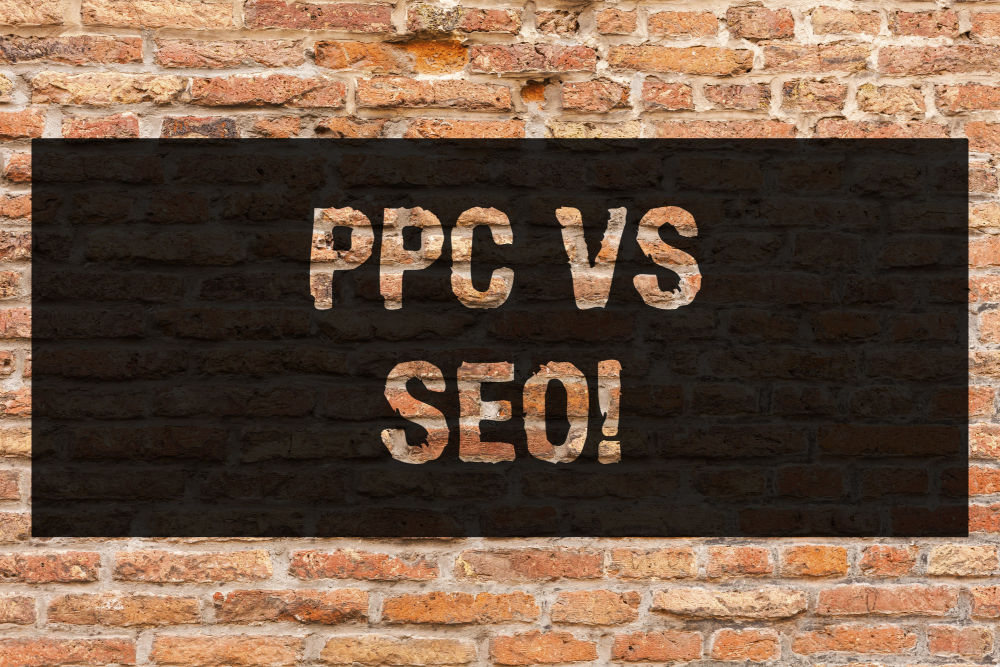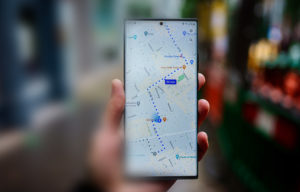Over 80% of Google’s revenue is from its ads platform, which makes up around $150 billion yearly.
So does that mean PPC advertising is the traffic model of the future? Or is it still working with the more traditional SEO model?
To help answer that question, it pays to understand how the two marketing strategies differ. We’ll reveal all in this article as we compare both side-by-side.
What is the difference between SEO and PPC? Read on to find out.
What Is Search Engine Optimization?
Search engine optimization (SEO for short) is the process of getting your website featured on a Google search results page.
Specifically, it’s the practice of getting your page to rank high enough that it features as one of the first results. The top spot is the most sought-after. When we use the term SEO, we refer to what’s known as the “organic” listings.
These as the results that appear after the ones labeled as ads. SEO practices generally fall into two categories: on-site and off-site SEO.
On-Site SEO
On-site SEO is all the action you take on your website to help it rank better on Google or Bing. That will include keyword research to find the most popular keywords related to your website.
And it will also include the work you do on each page of your website to ensure you rank for that keyword. That includes adding keywords to your page title, description, and image alt tags.
On-site SEO also includes more technical elements such as creating a mobile-friendly, accessible site and page-loading speed optimization.
Off-Site SEO
Off-site SEO is all the things that happen away from your website that impact your SEO. That will include getting links on reputable websites (known as backlinks). It will also include social signals.
Some businesses will use strategies like guest posting or PR to get relevant mentions on other websites to help support their SEO efforts.
Benefits of SEO
Is SEO worth the time and effort? The answer is a resounding yes, and here are some of the reasons why:
- SEO gives you the chance to get your website in front of thousands (or sometimes millions) of interested people
- Once you rank for a term, it’s free traffic that you get each month
- It’s great for building brand awareness
- It’s targeted traffic as you’ll get referrals from people already searching for related topics
- People use search engines all the time, so it’s an ongoing long-term strategy instead of a fashionable short-term marketing trend
- Once you know SEO, it’s relatively easy to write a good quality article and get a respectable page ranking
When you understand the benefits, you can see why some companies spend considerable parts of their marketing budget on SEO. When done well, it can bring a company a lot of dividends.
What Is Pay Per Click?
Pay per click (PPC) is a form of online advertising. The pay-per-click model means you set up an ad to run to a broad audience. But you only pay for that ad when someone clicks on it.
Pay per click is a standard advertising model and is now more prevalent than the more traditional methods like direct banner advertising.
Typical platforms include Google Ads, Bing, and Facebook (as well as other social media platforms).
Benefits of PPC
Lots of businesses choose to advertise using the PPC model. Here are some of the benefits:
- The platforms are very flexible so that you can set up an ad, ad length, and audience reach
- Since you only pay once someone clicks on an ad, you don’t waste money advertising to the wrong (uninterested audience)
- It’s scalable, so if you want more traffic, you simply up your budget
- It’s fast, and you can start getting traffic immediately once an ad is up and running
- It’s sophisticated targeting technology, and you can narrow that targeting to reach the small group of people most likely to buy from you
- Platform algorithms are now so advanced that they can optimize your ad on your behalf, consistently helping you get good results for your investment
Many companies value the flexibility that PPC advertising offers. And it’s ideal for startups who want fast results once they have launched their business.
SEO vs. PPC: Key Differences
You can probably start to grasp some of the differences between SEO and PPC as marketing strategies. But to help, here is a comprehensive breakdown of how they differ:
Speed
Organic search rankings don’t happen overnight. You often need to spend months researching keywords, writing relevant content, and growing your backlinks. PPC, on the other hand, offers immediate traffic.
Cost
When choosing PPC, you’ll pay for every person who lands on your website. And that’s not always cheap in a competitive market. With SEO, once you rank, you should continue to get traffic each month without extra time or money investments.
Ranking
If you opt for search PPC, your website will appear above the organic listings. However, research has demonstrated that organic listings still get the most clicks (53% compared to 27%).
Optimization
SEO needs constant work to keep it going. You’ll need to continue growing your backlinks and optimizing your site to keep that top spot. While PPC also requires optimization, it needs fewer ongoing tweaks.
Quality
Organic traffic is some of the most high-quality traffic you can get because someone has taken the time to type in that search query. PPC is good quality traffic, but people click on an ad, so the intent is slightly different.
Conversions
Organic and PPC both convert differently. Organic traffic is often people researching a solution or comparing products before buying. PPC works for people attracted to an ad headline and is better for things like impulse buys.
Difference Between SEO and PPC: What’s Your Preference?
Now you know the difference between SEO and PPC, you should be able to make a decision about which method is best for your business.
You also have a third option, which is to invest in both. That is something many successful businesses choose to do.
Both strategies take work and expertise, and you’ll need to find the proper support. So why not chat to one of our specialist team now? We can guide you through your options and give you our professional recommendations.







